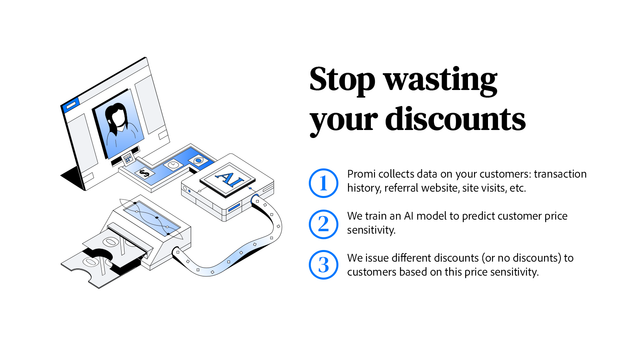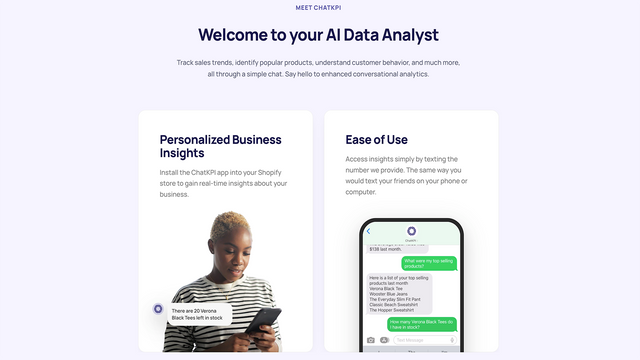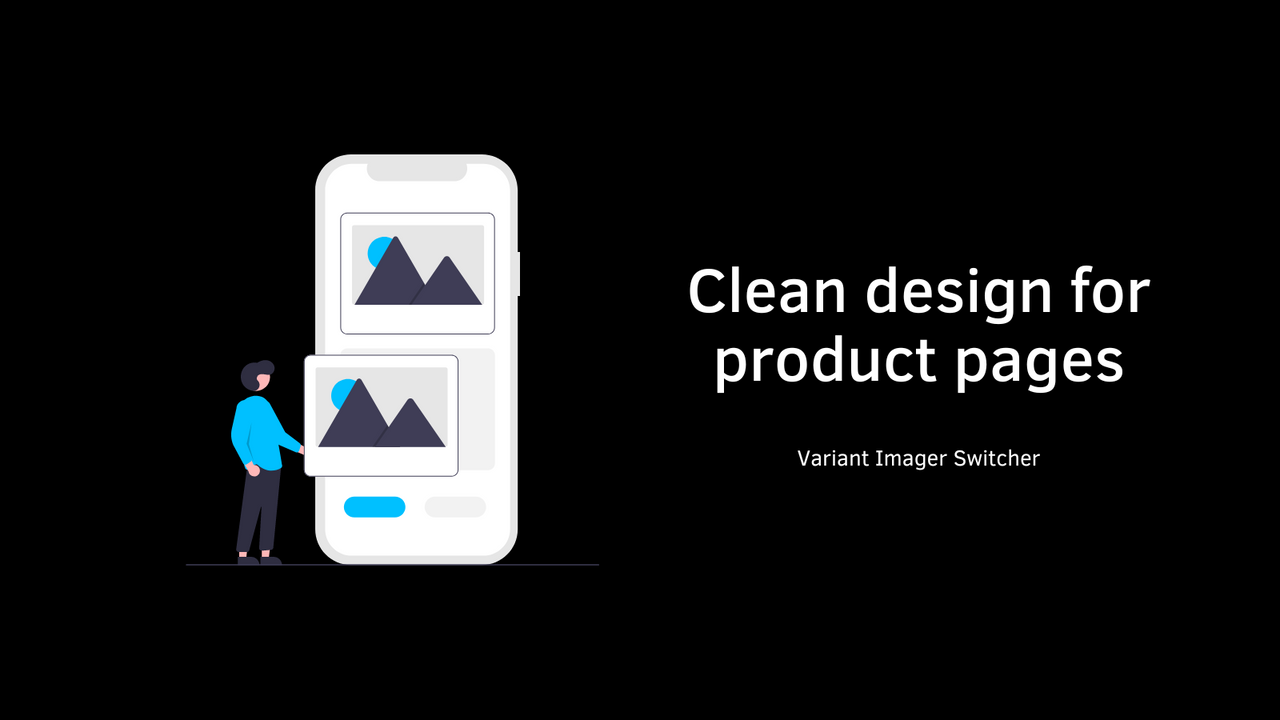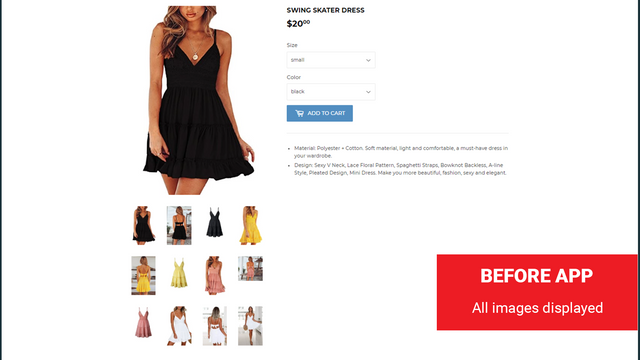In today's highly competitive digital landscape, marketing plays a crucial role in the success of any online business. And when it comes to running your own Shopify store, having a solid marketing strategy is essential for attracting customers, increasing sales, and establishing your brand presence. In this ultimate guide, we will explore everything you need to know about marketing for your Shopify store and how to take advantage of the various marketing channels available.
Understanding Shopify Marketing
Before diving into the specifics of marketing your Shopify store, it's important to understand what exactly Shopify marketing entails. Essentially, Shopify marketing refers to the various strategies and tactics you employ to promote your online store and drive traffic to it. It involves a combination of traditional marketing techniques, digital marketing strategies, and e-commerce best practices tailored specifically for your Shopify store.
When it comes to Shopify marketing, there is a wide range of approaches you can take. One of the most important aspects is search engine optimization (SEO). By optimizing your Shopify store for search engines, you can improve its visibility in search results and attract organic traffic. This involves conducting keyword research, optimizing your product descriptions and titles, and building high-quality backlinks to your store.
In addition to SEO, social media marketing plays a crucial role in promoting your Shopify store. With billions of active users on platforms like Facebook, Instagram, and Twitter, social media provides a massive opportunity to reach and engage with your target audience. By creating compelling content, running targeted ads, and engaging with your followers, you can build brand awareness and drive traffic to your store.
What is Shopify Marketing?
Shopify marketing involves utilizing multiple channels and techniques to attract potential customers and drive them to your Shopify store. This can include everything from search engine optimization (SEO) to social media marketing, email campaigns, content marketing, and more. The goal is to increase your store's visibility, engage with your target audience, and ultimately convert visitors into paying customers.
Another effective strategy in Shopify marketing is email campaigns. By building an email list of interested customers, you can send targeted promotions, discounts, and updates about your store. This allows you to nurture relationships with your audience and encourage repeat purchases.
Content marketing is also a powerful tool in your Shopify marketing arsenal. By creating valuable and informative content, such as blog posts, videos, and guides, you can establish yourself as an authority in your niche and attract organic traffic to your store. This content can be shared on your website, social media platforms, and other relevant websites to increase your reach.
Why is Marketing Important for Your Shopify Store?
Marketing is the lifeblood of any business, and your Shopify store is no exception. Without a well-executed marketing strategy, your store is likely to get lost in the vast ocean of online retailers. By investing time and effort into marketing your store effectively, you can significantly enhance your chances of success. Through strategic marketing, you can improve your brand's visibility, reach a wider audience, and increase your sales and revenue.
Furthermore, effective marketing allows you to build and maintain a strong relationship with your customers. By understanding their needs and preferences, you can tailor your marketing messages and offers to resonate with them. This personalized approach not only increases customer loyalty but also encourages word-of-mouth referrals, which can bring in new customers.
In conclusion, Shopify marketing encompasses a variety of strategies and techniques aimed at promoting your online store and driving traffic to it. By utilizing channels such as SEO, social media, email campaigns, and content marketing, you can increase your store's visibility, engage with your target audience, and ultimately boost your sales and revenue. Remember, marketing is a continuous process that requires ongoing effort and adaptation to stay ahead in the competitive e-commerce landscape.
Setting Up Your Shopify Store for Marketing Success
Before you embark on your marketing endeavors, it's crucial to ensure that your Shopify store is optimized for success. Here are two essential steps you need to take to set up your store for marketing success.
Optimizing Your Shopify Store for SEO
Search engine optimization (SEO) is a fundamental aspect of any successful marketing strategy. By optimizing your Shopify store for relevant keywords, you can improve your organic search rankings and increase your visibility to potential customers. Start by conducting keyword research to identify the terms and phrases your target audience is likely to use when searching for products or services similar to yours. Incorporate these keywords naturally into your store's content, including product descriptions, blog posts, and meta tags.
But SEO is not just about keywords. It's also important to ensure that your Shopify store is fast and mobile-friendly, as these factors can impact your search engine rankings as well. Slow-loading websites can frustrate visitors and lead to high bounce rates, negatively affecting your SEO efforts. Optimize your images by compressing them without compromising quality, implement clean URL structures that are easy for search engines to crawl, and make sure your site is mobile responsive to provide a seamless user experience across devices.
In addition to technical optimizations, you should also focus on creating high-quality, valuable content that aligns with your target audience's interests and needs. Regularly update your blog with informative articles, guides, and tutorials related to your products or industry. This not only helps improve your SEO but also positions your brand as an authority in your niche, building trust and credibility with potential customers.
Building a Strong Brand Identity
A strong brand identity is crucial for standing out in a crowded market. Take the time to define your brand's unique value proposition, tone of voice, and visual identity. Your brand identity should evoke emotions in your target audience and make your store memorable. Use high-quality visuals, consistent branding elements, and compelling storytelling to create a strong brand presence across your website and marketing channels.
When building your brand identity, consider your target audience's preferences and values. What kind of language and tone resonates with them? What colors, fonts, and imagery align with their aesthetic preferences? By understanding your audience and tailoring your brand identity to their needs, you can create a strong emotional connection that sets you apart from competitors.
Consistency is key when it comes to brand identity. Ensure that your brand elements, such as your logo, color palette, and typography, are consistently used across your website, social media profiles, email newsletters, and any other marketing materials. This consistency helps reinforce your brand's image and makes it easier for customers to recognize and remember your store.
Lastly, storytelling can be a powerful tool in building a strong brand identity. Share your brand's story, values, and mission with your audience through compelling narratives. Show them why your products or services matter and how they can improve their lives. By creating a compelling brand story, you can forge a deeper connection with your customers and foster brand loyalty.
Developing a Comprehensive Marketing Strategy
Now that your Shopify store is optimized for success, it's time to develop a comprehensive marketing strategy. This involves identifying your target audience and creating a unique value proposition that sets you apart from your competitors.
Identifying Your Target Audience
Understanding your target audience is essential for creating effective marketing campaigns. Take the time to research your ideal customers' demographics, interests, and pain points. Use this information to tailor your messaging, choose the right platforms, and engage with your audience effectively.
Creating a Unique Value Proposition
A unique value proposition (UVP) is what sets your Shopify store apart from the competition. It's the reason why customers should choose your store over others. Your UVP should clearly articulate the benefits customers will receive from purchasing from you, whether it's competitive pricing, exceptional customer service, or exclusive products. Craft a compelling UVP that resonates with your target audience and communicate it effectively across your marketing channels.
Leveraging Social Media for Shopify Marketing
Social media platforms provide an excellent opportunity to connect with your target audience and build brand awareness. However, it's important to choose the right platforms for your business and employ best practices to maximize your impact.
Choosing the Right Social Media Platforms
Every social media platform has its own unique features and audience demographics. Research and identify the platforms that align with your target audience the most. For example, Instagram may work well for visually appealing products, while LinkedIn might be better for B2B marketing. Focus your efforts on the platforms that your target audience frequents and tailor your content accordingly.
Best Practices for Social Media Marketing
When it comes to social media marketing, consistency and engagement are key. Develop a content calendar and consistently share valuable and relevant content that resonates with your audience. Actively engage with your followers, respond to comments and messages promptly, and foster meaningful relationships. Utilize a mix of organic content and paid advertising to expand your reach and drive traffic back to your Shopify store.
Email Marketing for Your Shopify Store
Email marketing is a highly effective strategy for nurturing leads and converting them into customers. Build an email list by offering incentives such as exclusive discounts or valuable content in exchange for email addresses.
Building an Email List
Place opt-in forms strategically across your website, such as in your header, sidebar, or through pop-ups. Personalize your email campaigns and segment your list based on customer behavior and preferences. Use email automation tools to send timely, relevant, and engaging emails to your subscribers, such as abandoned cart reminders, product recommendations, and exclusive promotions.
Crafting Effective Email Campaigns
When crafting your email campaigns, keep them concise, visually appealing, and value-driven. Use compelling subject lines and personalized content to grab your subscribers' attention. Include clear calls to action that direct recipients to your store, and regularly analyze the performance of your emails to optimize future campaigns.
By following these strategies and implementing a comprehensive marketing plan, you can effectively promote your Shopify store, attract a wider audience, and drive sales. Remember to continually analyze and optimize your marketing efforts to stay ahead in the ever-evolving world of e-commerce. With dedication and a well-executed marketing strategy, your Shopify store can achieve great success.
Ready to elevate your Shopify store with the right tools? Look no further than OwlMix, your trusted directory for discovering innovative Shopify apps. With Owlfred by your side, you'll navigate through a world of options categorized for your convenience, from marketing analytics to inventory sync. Don't miss out on the opportunity to enhance your online business with apps that align perfectly with your marketing strategy. Find your next Shopify app today and let Owlfred guide you towards success!
















